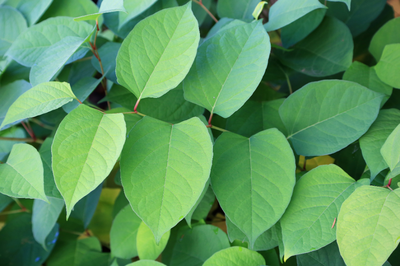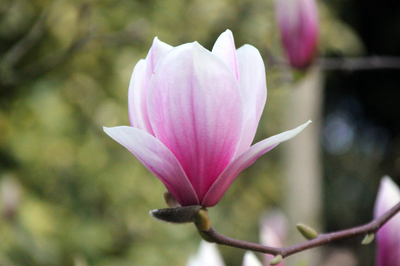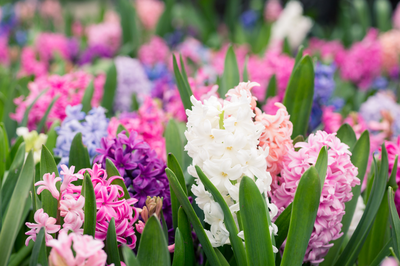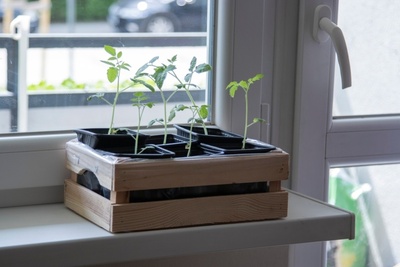How to make your garden more sustainable
Gardening is a wonderful way to connect with nature and enjoy the outdoors. However, it’s important to remember that our gardens can have an impact on the environment, and by making a few simple changes, you can transform your garden into a sustainable and eco-friendly space. Here are seven of our top tips to be more sustainable in your garden:
1. Use organic and natural products
Natural products such as compost, mulch, and organic fertilisers can enrich the soil with essential nutrients and help retain moisture, leading to healthier and more productive plants. Natural pest control methods such as companion planting and attracting beneficial insects can help keep harmful pests at bay without resorting to harsh chemicals. Using organic and natural products in the garden can be a simple yet effective way to promote a more sustainable and eco-friendly way of gardening.
2. Save water
Water is a precious resource, and it's important to use it wisely. In your garden, you can reduce water usage by installing a rainwater harvesting system, using a drip irrigation system, or simply watering your plants in the early morning or late evening when the sun is not as intense. We recommend a Water Butt, it’s free water for the garden!
3. Choose native plants
Native plants are adapted to your area's climate and require less maintenance and watering than non-native species. They also provide habitat for local wildlife and support the ecosystem. By choosing native plants, you'll reduce your garden's environmental impact and support the local ecosystem.
4. Reduce waste
Gardening can generate a lot of waste, including plant trimmings, grass clippings, and soil. Instead of throwing these items away, you can compost them to create a nutrient-rich soil amendment for your garden. You can also use mulch to reduce soil erosion and retain moisture in the soil.
5. Create habitats for wildlife
Gardens can provide valuable habitats for wildlife, including birds, butterflies, and bees. By planting a variety of flowers and plants, you can attract these pollinators and provide them with food and shelter. Additionally, you can install bughouses, birdhouses and bird feeders to encourage birds to visit your garden.
6. Use renewable resources
Gardening requires a variety of tools, including shovels, rakes, and hoses. Instead of buying tools made from non-renewable resources like plastic and metal, choose tools made from renewable resources like bamboo and wood. These materials are more sustainable and will have a lower environmental impact.
7. Grow your own food
Growing your own food can be a rewarding and fulfilling experience. Not only does it give you the satisfaction of knowing where your food comes from and how it was grown, but it can also be a cost-effective way to eat fresh, healthy produce. Additionally, growing your own food can be a way to reduce your carbon footprint by minimising transportation and packaging. Whether you have a large garden or a small balcony, there are many ways to grow your own food, from planting a simple herb garden to creating a fully-fledged vegetable plot. It can take some effort and time to tend to your crops, but the satisfaction of harvesting and enjoying your own homegrown produce is well worth it.
At St Peters Garden Centre, we have all of the tools and knowledge to help you become more sustainable in your garden. From water butts to bee hotels, and everything in between, pop in today to have a chat.




